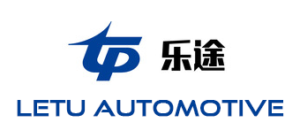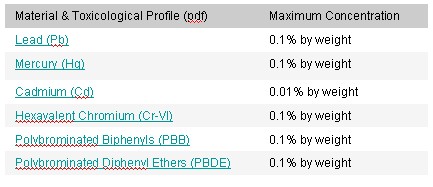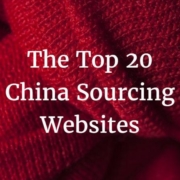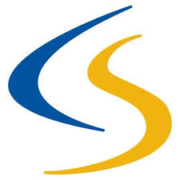Nangong Letu Automotive Components Co., Ltd.
Nangong Letu Automotive Components Co., Ltd. is a leading IATF 16949:2016 certified manufacturer of custom extruded and molded rubber products, automotive rubber components, rubber molded pedal pads, stop bumpers, grommets, tubing, radiator gaskets.
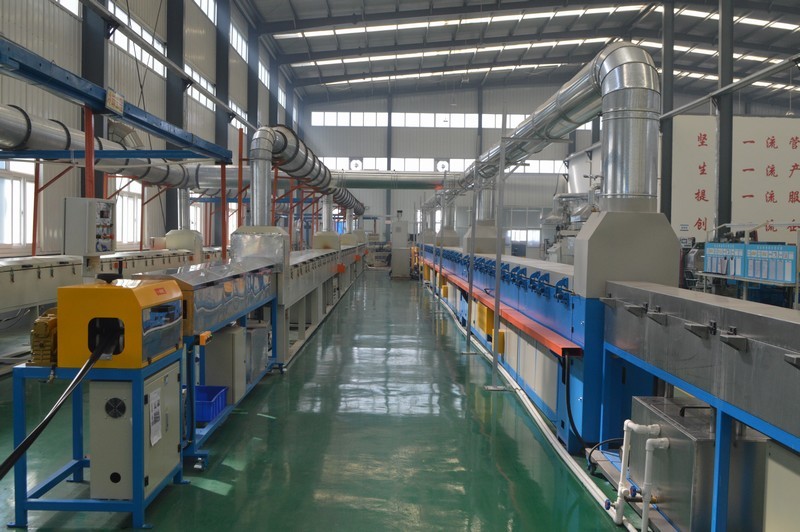
Letu Automotive – a manufacturer, supplier, exporter, factory of Extruded Rubber Products (EPDM Dense Rubber, EPDM Sponge Rubber, NBR Rubber): automotive weatherstrips, car door seals, hood seals, trunk seals, glass run channels, door belts, Front glass moldings, Hood weather strips, Sun roof weather strips, Rear glass moldings, Glass runs, Fixed weather strips, Door opening weather strips, Door seal weather strips, Door drip weather strips, Trunk lids, Door belts (inner), Door belts (outer). Automotive Rubber Parts, automotive rubber seals, EPDM rubber seals, rubber extrusions and rubber seals, rubber seals and gaskets includes ribbed profiles, co-extruded pedestals with sponge rubber bulbs, triangle sections, and lid seals, extruded rubber profiles and tubing, U-Channels, Angle extrusions, Special extruded tubing and seals,rubber door seals, custom rubber seals, gaskets, extruded rubber tubing, extruded rubber seals, Extruded Rubber Profile, custom silicone gaskets, rubber edge trim seals, push-on trim seals, dual durometer rubber seals, edge protectors, edge protection sealin profiles, pinchwelds, rubber cords, strips, among other rubber seal product, Door and window seal, Interior door and window seal, Door and windows foam tapes, Door bottom seal, Doors bottom weatherstrip sweep, Garage door seal, cold room door accessories, Fire door seals, Construction seal, Sliding door seal, Interior sliding door seal, Auto sliding door seal, Sponge seal, Silicone extruded products, Silicone seal, Silicone sponge seal, Silicone extruded tube, Mechanical rubber products, Capping Rubber, Auto rubber extruded, Car rubber seal, Tractor/truck, rubber extruded, Caravan seals and trims, Bus rubber strips, Auto glazing profile, Cabinet Rubber Seals, Co-extruded Rubber Seals(EPDM), Co-extruded Rubber Seals( PVC+Epdm), Edge trim, Sponge rubber seal, Glazing profile, Lip seal, Self-adhesive seal, Rubber profile extruded, U-channel seal, D-shaped seal, e-shaped seal, L-shaped seal, P-shaped seal, T-shaped seal, Rectangle and cord profile, Boat / auto accessories, standard & custom solid rubber extrusions, standard & custom sponge rubber seals, dual durometer rubber extrusions, push-on trim seals with steel/steel wire carrier, rubber seals and gaskets for architectural windows/doors, flocked glass run channels manufacturer, supplier, factory, exporter from Hebei, China.
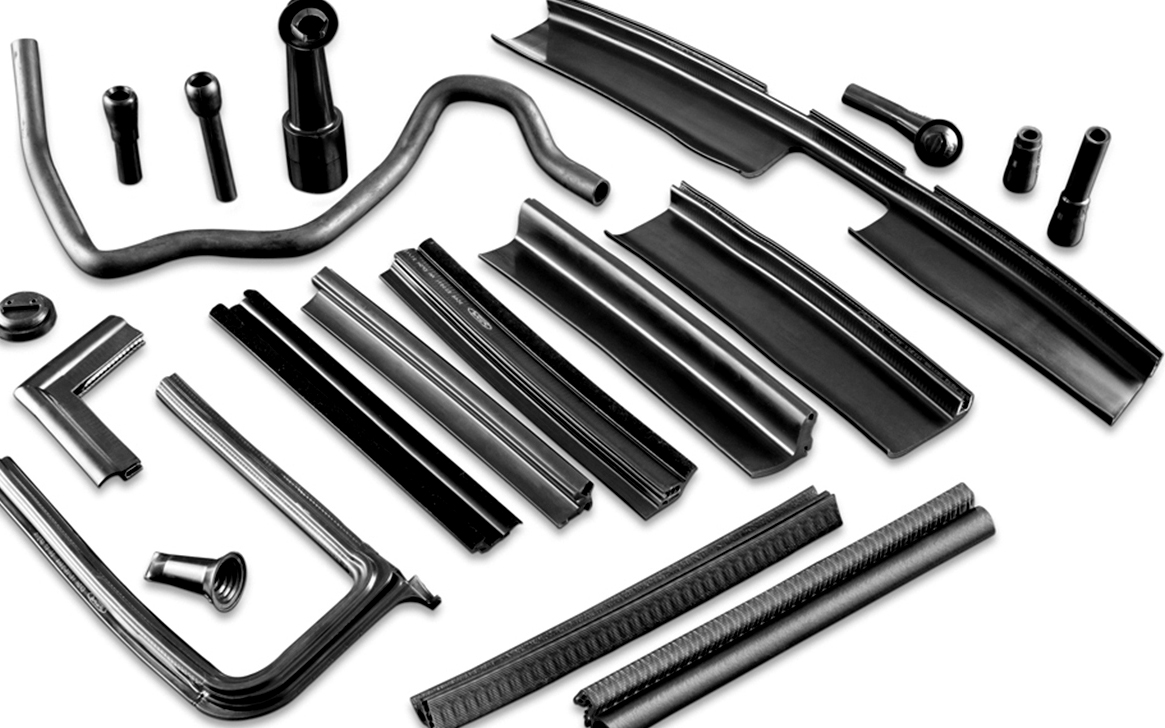
Letu Automotive – a manufacturer, supplier, exporter, factory of Siliocne Rubber Extrusions: Bulb Seals & Gaskets , Bullet Shaped Seals , Conductive Silicone Products , D – Shaped Seals & Gaskets , Double Bulb Seals , E – Shaped Seals & Gaskets , Food Grade Products , H – Shaped Silicone Gaskets , Hatch Seals, Marine Gaskets , Hollow O-rings , J – Shaped Silicone Seals , L – Shaped Seals & Gaskets , Lip Seal Extrusion , P Shaped Seals & Gaskets , Platinum Cured Products , Quad Shaped Seals , Rectangular Shaped Strips , Silicone Rubber Cords , Silicone Rubber Tubing , Spliced Extrusion Products , Square Shaped Extrusion , Surgical Silicone Tubing , T Shaped Extruded Rubber Seals , Tadpole Shaped Gaskets , Trapezoid Shaped Seals , Triangle Shaped Seals , U Channel Silicone Extrusion , V – Shaped Seals & Gaskets , Weather Stripping, Wing Bumper Extrusion manufacturer, supplier, factory, exporter from Hebei, China.
![]()
Letu Automotive – a manufacturer, supplier, exporter, factory of Extruded Plastic Products(PVC, PP, PE, TPV): extruded plastic products, extruded plastic seals, extruded plastic profiles, plastic extrusions, co-extruded plastic gaskets, automotive door belt weatherstrips, polyurethane foam seals for window and door, fire retardant door seals, PVC plastic edge trims, edge protection profiles, edge protectors, automotive fastening profiles, automotive seat J clips, intumescent fire door seals, and other plastic products manufacturer, supplier, factory, exporter from Hebei, China.
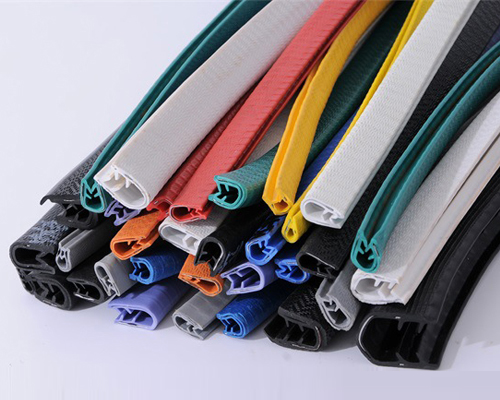
Letu Automotive – a manufacturer, supplier, exporter, factory of Molded Rubber Products: Wiring System Rubber Grommets, Control Cable Rubber Parts, Air Induction System Rubber Hoses, Automotive Rubber Boots, Automotive Engine Mounts, Clutch & Brake Systems Pedal Pads, Suspension System Rubber Bushings, Custom Rubber Gaskets, Plastic Pipe Gaskets, air intake hoses, ducts, tubes, boots, rubber wiring harness grommets, bumpers, caps, rubber bellows, dust covers, EPDM boots, brake, clutch pedal pads, OEM/ aftermarket, radiator coolant hoses, heater hoses, fuel hoses, engine mounts, rubber bushings, isolators, etc. anti-vibration systems and products such as active dampers, active mounts, body mounts, cradle mounts, engine mounts, exhaust hangers, flexible exhaust couplings, intermediate brackets, jounce bumpers, mass dampers, restrictors, stabilizer bar bushings, strut mounts, suspension bushings, torque struts, transmission mounts, anti-vibration rubber and plastic parts, mounting bushings, rubber mounts, dust covers, couplings, caps, bearing cases, suspension components (rubber bushings, rubber bumpers, rubber stops, spring pads, insulators, mounting bushings, brake components (boots, excluders, piston assemblies, plug holders, etc.); air conditioning components (ring assemblies, bumper discs, grommets, rubber dampers, hub & disc assemblies, drain hoses, etc.); engine components (damper assemblies, gear covers, filter assemblies, insulating slabs, rubber cushions, o-rings, square-rings, etc.); and electronic components (rubber buttons, grommets, trip knob covers, wire covers, bulb caps, o-rings, etc.).supplier of thermoset, thermoplastic and plastic elastomer products. Manufacturing processes include injection, compression and transfer rubber molding, liquid injection molded silicone, extruded, mandrel-formed rubber products as well as injection molded, extruded plastic and thermoplastic elastomers. molded rubber products, extruded rubber products, rubber to metal bonding solutions, rubber diaphagms, gaskets & seals, cushions, weatherstripping, trim edges, air induction, NVH, static gaskets, tubing (air, water, and fuel), anti-vibration rubber parts such as engine mounts, strut mounts, bushings, member mounts, insulators, dampers, CV boots, rubber plugs automotive , automotive rubber hose, automotive rubber weatherstripping. Button Bumpers, Custom Extrusions, Die Cut Parts, Grommets, Hoses, Leg Tips, Machine Screw Bumper, MIL SPEC Grommets, Mounts, O-rings, Plastic Parts, Recessed Bumpers, Seals, Stem Bumpers, Stoppers, Suction Cups, Tack Bumpers manufacturer, supplier, factory, exporter from Hebei, China.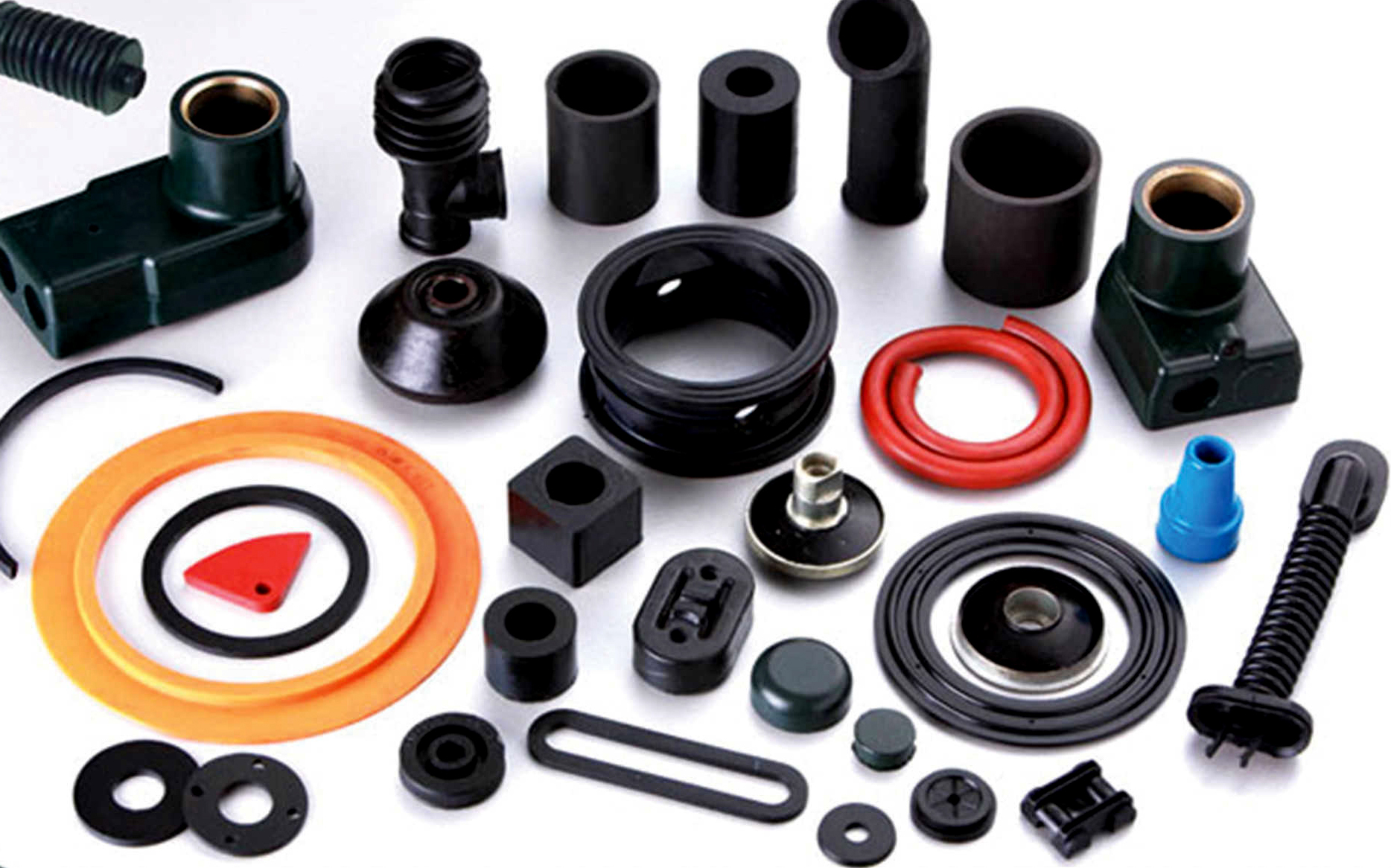
Quality, service and competitive pricing have always been the key elements of our philosophy and the reasons for our continued growth. Well-educated & creative staff, comprehensive knowhow and the integration of IATF 16949:2016 Quality Management System are the lifeblood of our company and the foundations of our extensive customer services.
Against the global backdrop of a constantly evolving and changing economy today, Nangong Letu Automotive Components Co., Ltd. is recognized as the reliable strategic partner by various global automotive OEMs, Tier One OEMs and industrial customers.
